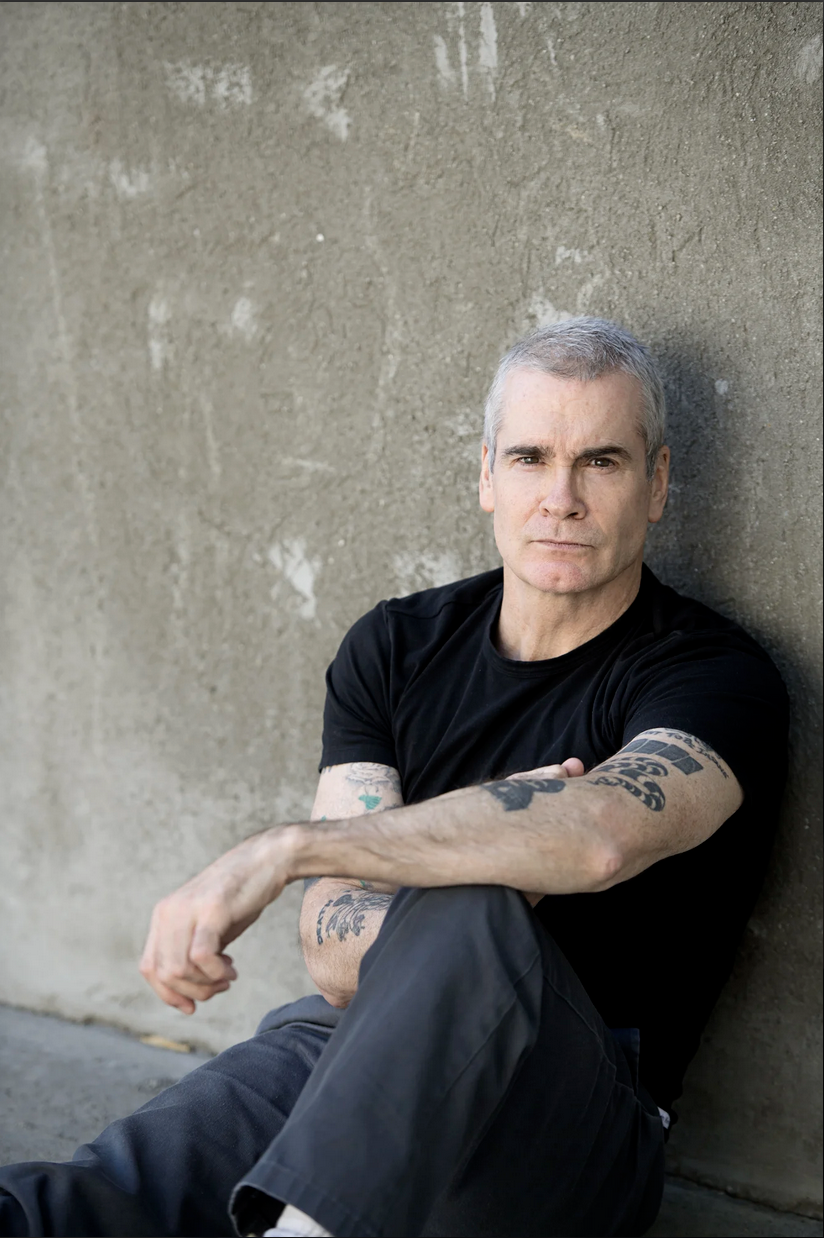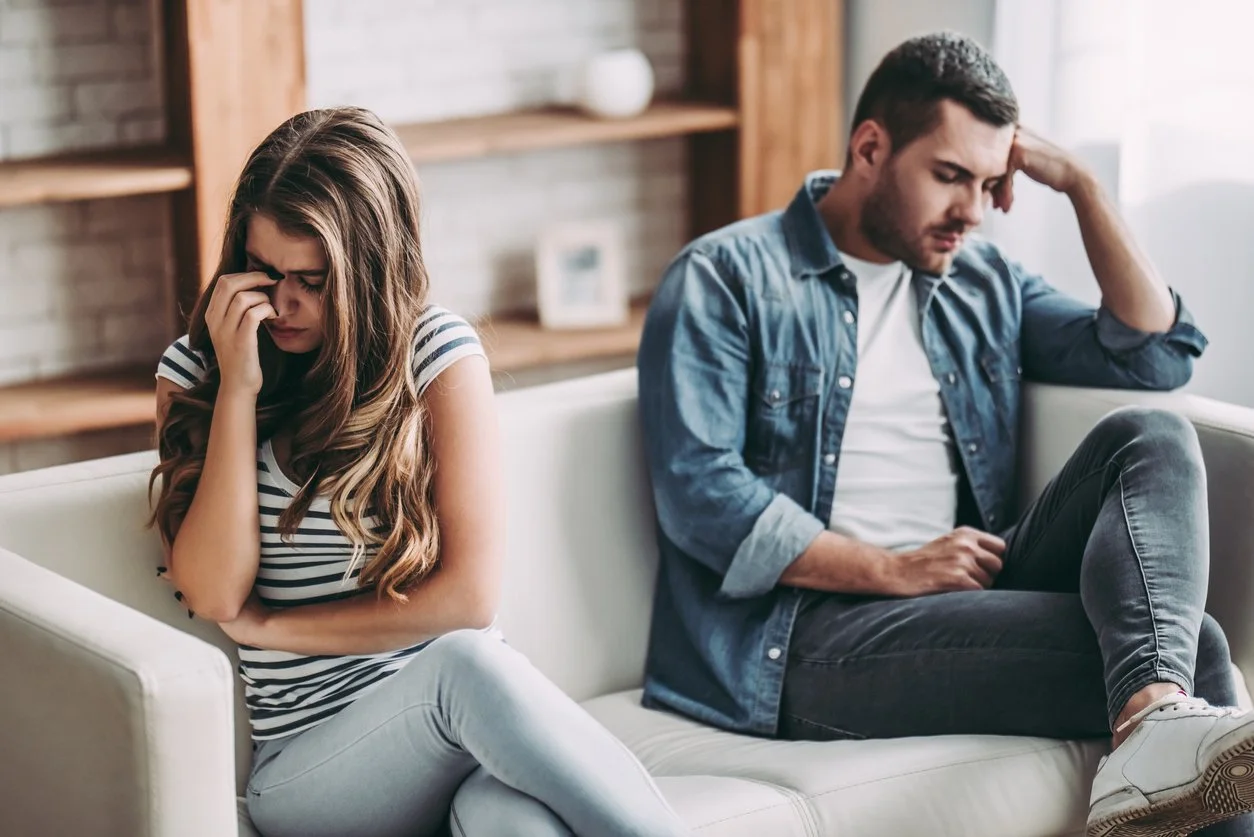It's been a year. One productive, fruitful and prosperous year since I deactivated my Facebook account. I told everyone once I'd done it I wouldn't relapse once; and thankfully haven't. I kept my solemn vow never to use it ever again.
Have I missed out on anything? No. What have I gained? Quite a bit.
Once it was gone, I didn’t miss it. I broke the habit of checking it and fussing over every minute detail rather swiftly. Once the apps were removed and bookmarks purged, there was no yearning to open them up. The only times I wished I’d had it were to enter “Like this page” competitions where a prize was otherwise unobtainable in the marketplace (like signed moon rocks by a dead rock star, or something.) Even then, it’s not as ubiquitous nor an essential a tool as people would like to think.
Only a handful of times over the past year have people told me to “Check my Facebook” for a link or some other piece of trivia they insisted I just had to see. At no instance was it ever a requisite for keeping on top of events or other issues that I deemed important. In fact, it just made me work harder and smarter about what events I would attend and with whom. It increases the efficacy of your “social memory” – your ability to recall details about your friends beyond the superficial, past what they simply “like.” Labelling something usually libels it as Neil Postman would say; I’m sure people simply dismiss me as “Metal Tom” and pay no more mind to my “largeness” that contains multitudes. (I’m guilty of the same with other acquaintances, I’m sure.)
I’ve sent links to friends about Bukowski, new astronomical discoveries and octo-necked guitars via email or text message (or even called them and met up with them! Quelle horreur!) because I’ve actually remembered conversations in which they’ve mentioned such interests. Schopenhauer said to train the mind you must build its power of unaided recall; with no basis with which to “reference” what your friends like trains it well.
I tended to focus more on my enjoyment of events – I wasn’t one of those arseholes at gigs clicking photos of the band instead of actually watching the fucking band play. For example, I went to see Goatwhore and Impiety a couple of weeks ago. To my dismay, the room was awash with deep electric blue light glowing from smartphones. They were posting up-to-the-minute dispatches to Facebook about events transpiring before them, despite never actually experiencing the present fully.
Getting rid of Facebook in my experience strengthened my commitment to personal development. One aspect of this journey which requires much patience and effort is my tendency to seek approval from others and attach myself to a desired outcome. Killing Facebook (and the occasional Twitter moratorium) greatly aids the attainment of such a goal. You begin to enjoy activities and work for oneself, instead of grovelling for “likes” or pats on the head. Likewise, you tend not to conceal failures, either. It really does lend meaning to the aphorism “a good deed is its own reward.” An inward honesty is also projected outward. It builds trust and rapport with people. Likewise, you can start to feel when things are amiss; your internal “bullshit detection” apparatus activates and heightens with each day.
Bullshit detection also applies to self-reflexion and self-perception. Burying feelings and emotions almost never have any upsides. Letting them out and focusing on the root causes without bullshitting yourself maintains a mental wellbeing and working toward Dr. Ellis’ USA – Unconditional Self-Acceptance. Likewise, you tend not to settle for second best, especially in terms of relationships. Your boundaries are much more defined and active instead of passively “hiding” (read: avoiding) someone you find undesirable. A very dear friend of mine had to be cauterized out of my life as his friendship was simply too toxic and untrustworthy to hold on to. I felt much sadness and anger as a result, but it had to be done. It simply followed from the self-belief that I deserve better treatment.
The value I place on interpersonal communication is higher. As my birthday rolled around last year, I received a handful of well-wished from friends and family. They received no electronic pats on the back for it; they did it out of kindness and genuine affection. Lengthy emails and Skype chats with friends from overseas seems to dismiss those lengthy distances in the way a few photos pushed out on a news feed every so often never could.
Over the last year it’s as if I’ve discovered killing Facebook was like my “gateway anti-drug” to personal development and lasting, strong friendships. People hum and haw at getting rid of it, as if they’ll be swallowed up into a social abyss; but nothing could be further from the truth. Your excuses are simply that. If it isn’t fun anymore then why persist? Besides, who doesn’t want liberation?

